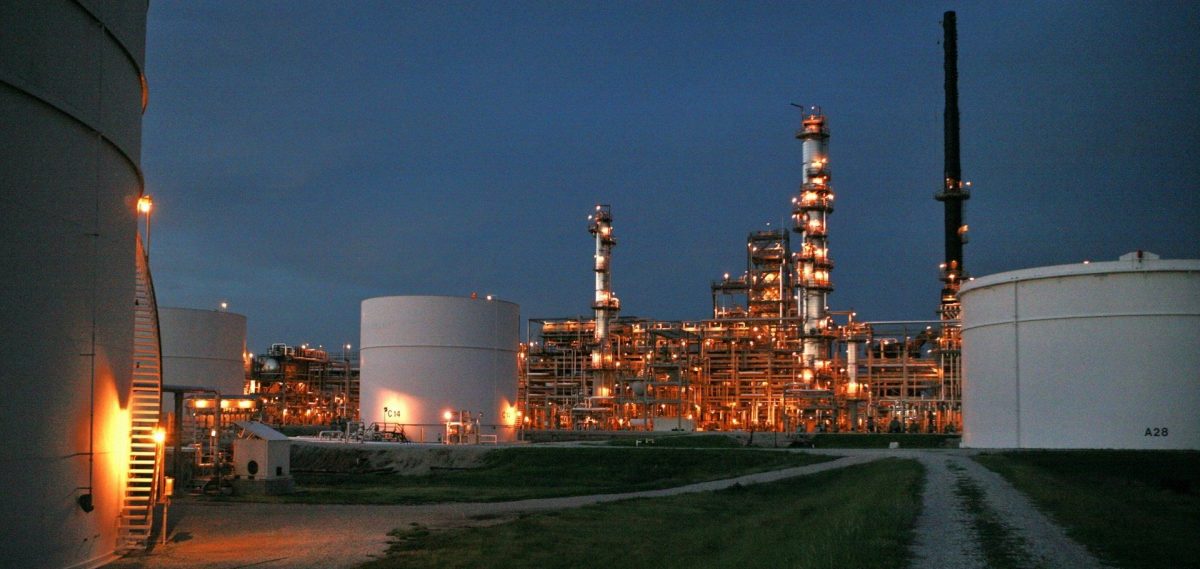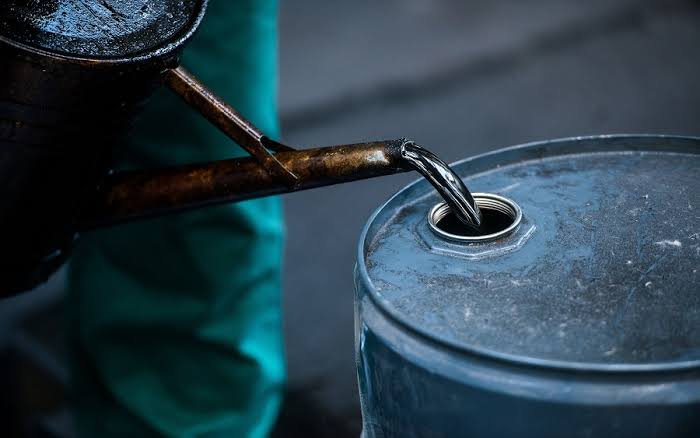Since commencing oil production in 2019, Guyana’s fortunes have changed dramatically. With a population of just 800,000, this small South American nation is on track to become one of the world’s leading oil producers per capita in 2024, potentially surpassing major oil-producing nations like Saudi Arabia and Qatar shortly.
This newfound wealth has already transformed Guyana’s economic landscape and sparked vital discussions about the potential benefits and challenges of such an unprecedented oil boom.
In 2016, data shows that Guyana struck oil off its coast, with estimated reserves of 11 billion barrels. This discovery marked a turning point for the nation, whose GDP of 62.3% in 2022 is projected to triple by 2027, fueled by an estimated production of 4,000 barrels per day.
With its potential per-capita oil reserves rivalling even Saudi Arabia, Guyana could see its GDP soar to $10 billion by 2030.
This rapid growth, including an impressive 38% in 2023 and a projected 21% in 2024, has led some to liken Guyana to “South America’s Dubai,” due to its oil-driven economic boom and ambitious.
While Guyana’s oil boom holds immense promise, it also raises concerns and challenges that other oil-rich nations have faced.
History serves as a cautionary tale, with countries like Venezuela, Angola, and the Congo experiencing the downside of sudden resource wealth. Social conflicts, political instability, and the erosion of democratic institutions are common pitfalls for nations heavily reliant on oil revenue.
The construction of Silica City, an ambitious project in Guyana by President Irfaan Ali, symbolises the nation’s aspirations for grand infrastructure development. Large-scale projects, while showcasing growth potential, also run the risk of inefficiency and waste.
Guyana must strike a balance between realising its ambitious visions and ensuring that development projects contribute to the well-being of its citizens.
President Irfaan Ali said in an interview with Americas Quarterly, “There is no resource curse; the resource is a blessing. It’s a management curse, and we are doing everything to avoid that.”
“We are not building an energy nation; we are building a diversified economy that is focusing on many areas of growth,” Ali said.
Silica City is envisioned as a hub catering to technology professionals and other industries facing challenges finding space in the thriving capital, Georgetown.
Financed by resources derived from the oil industry, the city is set to channel investments into critical areas such as tourism, food production, industrial development, manufacturing, and biodiversity services, which will be “major growth areas of the future,” Ali said.
source: businessday.ng

